The Versatility and Efficiency of Trommel Screens in Modern Waste Management
Trommel screens are critical machines in the waste management industry, specifically designed for the efficient separation of waste materials based on predetermined sizes. This separation process is essential for recycling operations, waste reduction, and the proper disposal of materials. The fundamental principle behind the operation of a trommel screen is its rotating cylindrical drum, which is fitted with perforated plates or mesh that have holes of a specific diameter. As the drum rotates, waste materials are fed into it, and as the materials move through the drum, smaller particles fall through the holes while larger ones continue along the drum until they are discharged at the end. This mechanism allows for the effective sorting of materials into different size fractions, which can then be processed further according to their specific recycling or disposal requirements.
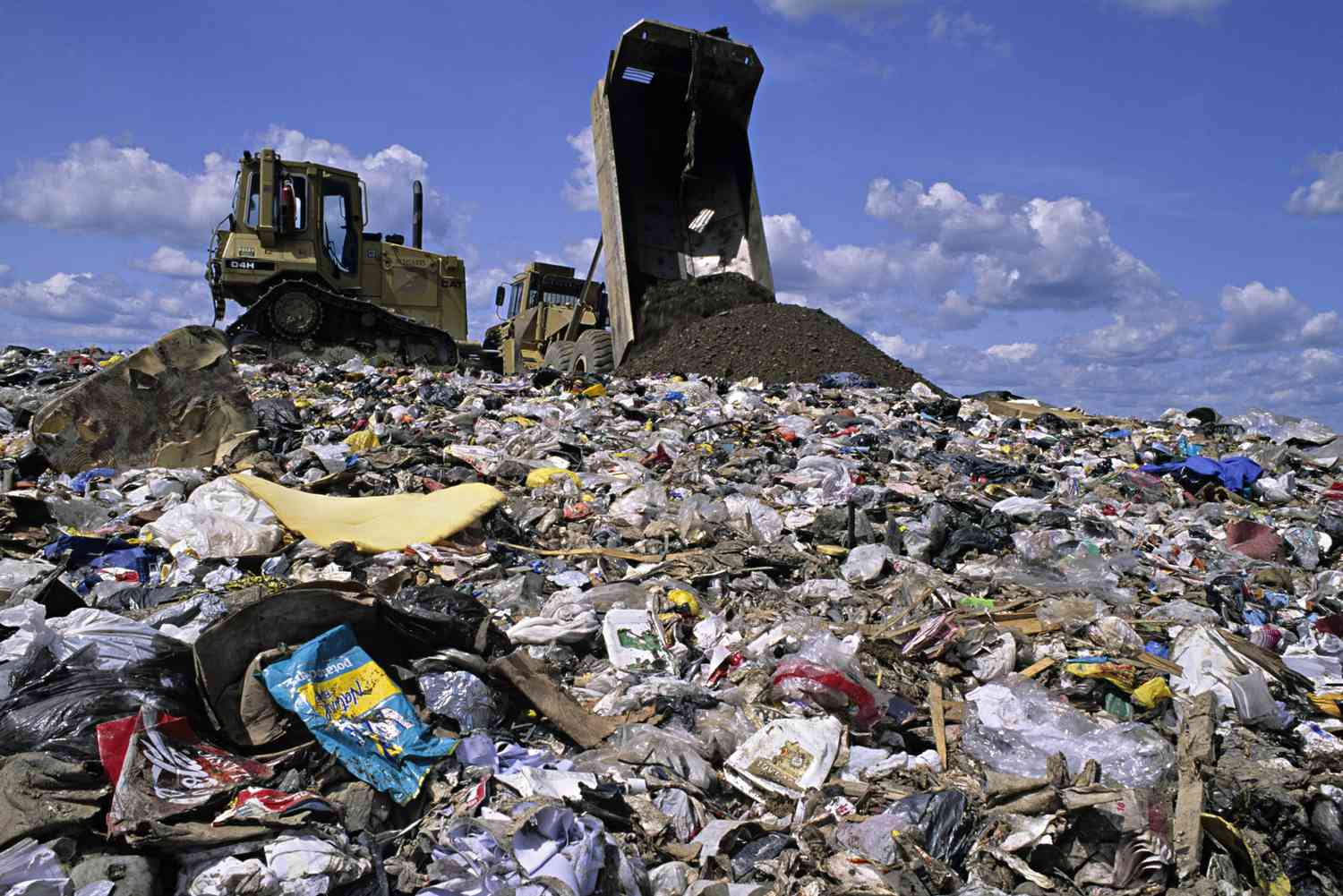
The rotating drum inside the trommel screen plays a pivotal role in the sorting process. This drum is equipped with perforations that are carefully sized to allow only particles of a certain dimension to pass through. As the drum rotates, it lifts and drops the material inside, causing smaller particles to filter through the perforations while larger pieces are carried to the end of the drum. The drum's rotation speed, angle, and the size of the perforations can all be adjusted to optimize the sorting process for different types of waste. For instance, slower rotations might be used for heavier materials to ensure they have enough time to be properly sorted, while faster rotations could be employed for lighter materials that can be sorted more quickly.
One of the key advantages of trommel screens is their versatility. The perforated plates or mesh that make up the drum can be easily replaced or modified, allowing the machine to be adapted for sorting waste materials of different sizes and types. This adaptability is crucial in waste management, where the characteristics of the waste stream can vary widely. For example, a facility that processes construction and demolition waste might use a trommel screen with large perforations to separate out bulky materials like concrete and wood, while a facility that handles municipal solid waste might use a trommel with smaller perforations to sort out paper, plastic, and organic materials. The ability to change the sheet metals of the drum also extends the lifespan of the trommel screen, as the machine can be reconfigured to handle new types of waste or different size requirements without the need for entirely new equipment.
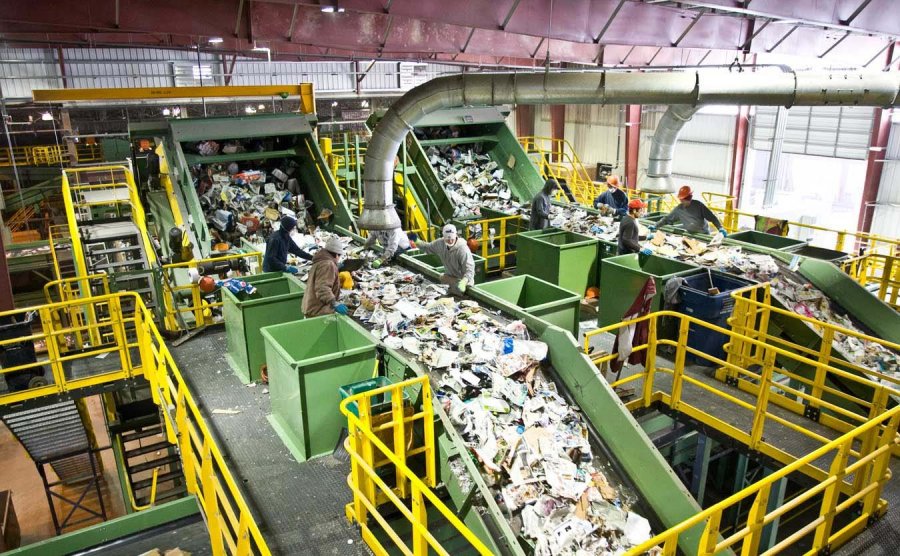
The process efficiency of trommel screens is further enhanced by the design of the drum itself. The drum's internal design, including the shape and arrangement of the perforations, can be optimized for specific materials to improve sorting accuracy and throughput. Additionally, some trommel screens are equipped with features like brushes or scrapers that clean the drum as it rotates, preventing material buildup that could clog the perforations and reduce the machine's efficiency. This self-cleaning feature is particularly important when dealing with sticky or moist materials, which are common in waste streams and can easily adhere to the drum, leading to operational issues.
In addition to their efficiency and versatility, trommel screens are also valued for their durability and low maintenance requirements. The robust construction of the drum and the simplicity of the rotating mechanism make trommel screens highly reliable, even in harsh working environments. This durability is a significant advantage in waste processing facilities, where equipment is often subjected to heavy loads, abrasive materials, and continuous operation. Regular maintenance, such as inspecting the drum for wear and tear, replacing worn perforated plates, and lubricating moving parts, can help ensure the long-term performance of the trommel screen.
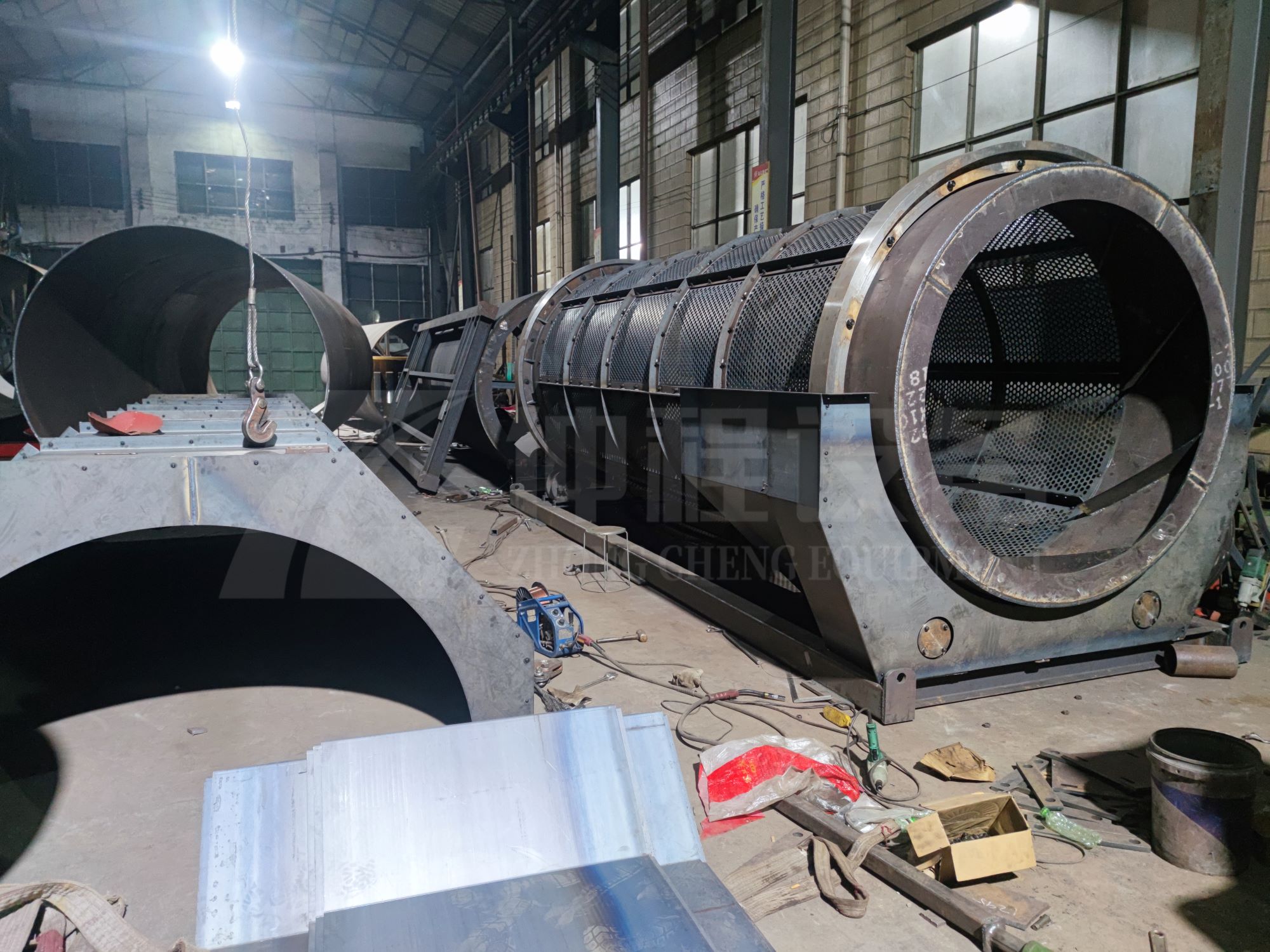
Moreover, trommel screens are designed to be energy-efficient, with the rotating drum requiring relatively low power to operate. This energy efficiency is beneficial not only from a cost perspective but also in terms of environmental impact. Waste processing facilities often have high energy demands, and equipment that can perform its function with minimal energy consumption is highly desirable. The low energy requirements of trommel screens make them an eco-friendly option for waste sorting, aligning with the broader goals of sustainability and resource conservation in the waste management industry.
Trommel screens also offer flexibility in their application. They can be used in a wide range of waste processing environments, from small recycling centers to large-scale industrial facilities. Their modular design allows them to be integrated into existing waste processing lines or used as standalone units, depending on the specific needs of the operation. Additionally, trommel screens can be customized with various features, such as variable speed drives, adjustable angle settings, and different drum sizes, to meet the unique requirements of different waste streams. This flexibility makes trommel screens a valuable asset in a variety of industries, including construction, mining, and agriculture, in addition to waste management.
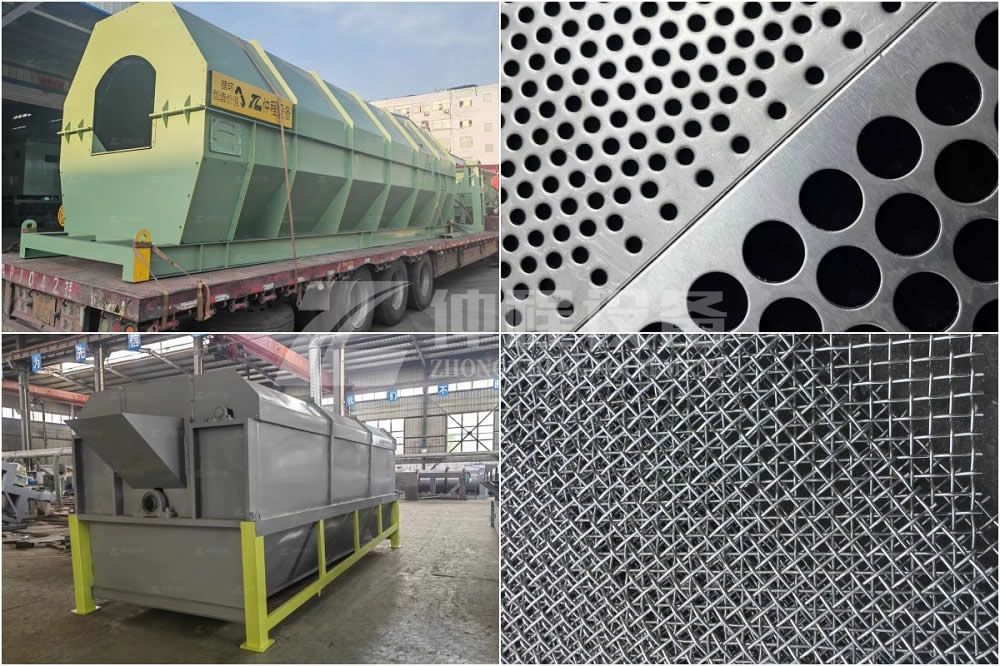
In conclusion, trommel screens are indispensable machines in the waste management industry, offering an effective and versatile solution for separating waste materials based on size. Their ability to sort materials with precision, coupled with their adaptability to different waste types and sizes, makes them essential in recycling and waste processing operations. The durability, low maintenance requirements, and energy efficiency of trommel screens further enhance their value, making them a preferred choice for facilities looking to optimize their waste sorting processes. With the ongoing focus on sustainability and resource conservation, trommel screens are likely to remain a key component in the efficient and environmentally responsible management of waste.
-
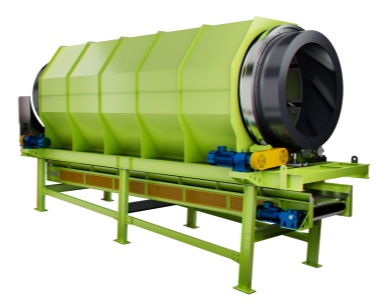 Trommel screenTrommel screen, also known as drum screens, are widely used in various industries for sorting and separating materials.Get Quote
Trommel screenTrommel screen, also known as drum screens, are widely used in various industries for sorting and separating materials.Get Quote -
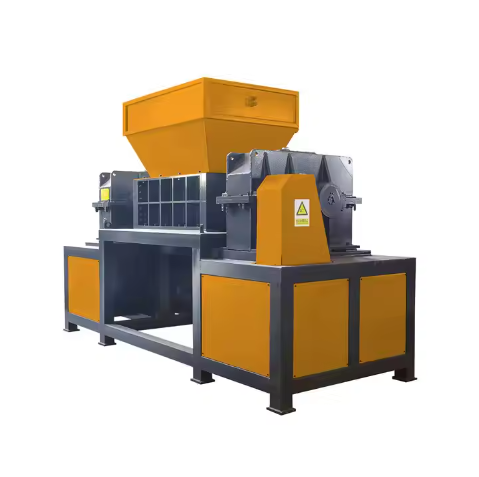 Crop straw double shaft shreddApplications:Biomass Energy Production: Shredded straw can be used as a feedstock for bioenergy plants to produce electricity or heat.Livestock Feed: Reduced-si...Get Quote
Crop straw double shaft shreddApplications:Biomass Energy Production: Shredded straw can be used as a feedstock for bioenergy plants to produce electricity or heat.Livestock Feed: Reduced-si...Get Quote -
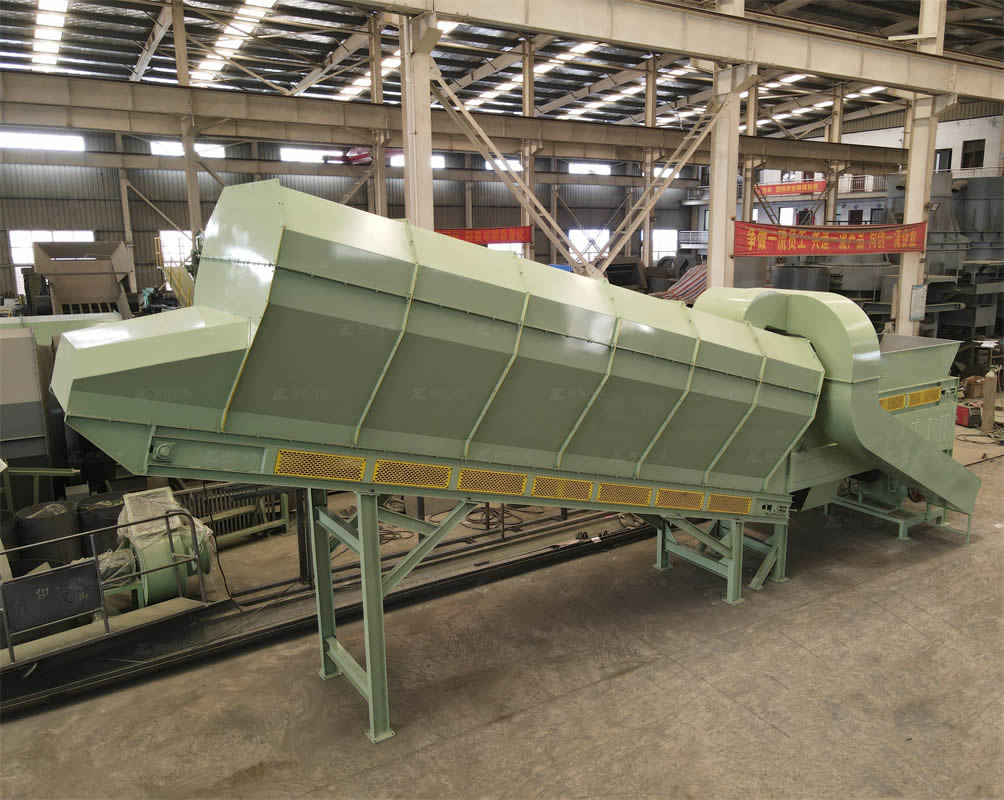 Zhongcheng Air Drum SeparatorAir drum separators effectively separate lightweight materials (e.g., plastics, paper) from heavier materials (e.g., metals, glass). This high efficiency is cru...Get Quote
Zhongcheng Air Drum SeparatorAir drum separators effectively separate lightweight materials (e.g., plastics, paper) from heavier materials (e.g., metals, glass). This high efficiency is cru...Get Quote
-
2024-06-09Advantages of Using Drum Screening Machines in Waste ManagementUnderstanding the working principle of drum screening machines is essential to appreciate their efficiency and effectiveness in waste management. Operation and ...
-
2024-07-16Twin-shaft shredders: ideal for efficient processing of waste and recycling materialsA double-shaft shredder is a mechanical device used to process waste and recycle materials. Its main feature is that it has two rotating shafts with serrated bl...
-
2023-01-11Ballistic SeparatorBallistic separators are a crucial component in modern recycling and waste management systems, contributing to more efficient resource recovery and environmenta...
-
2023-01-12Waste FeederWaste feeder was specially designed to optimize municipal solid waste sorting systems. The Drum Feeder ensures that your sorting system, baler or shredder has a...
-
2024-08-07Tire double shaft shredderOperation:Feeding: Whole or pre-cut tires are fed into the shredder through an inlet hopper.Shredding: As the tires enter the shredding chamber, the rotating cu...



